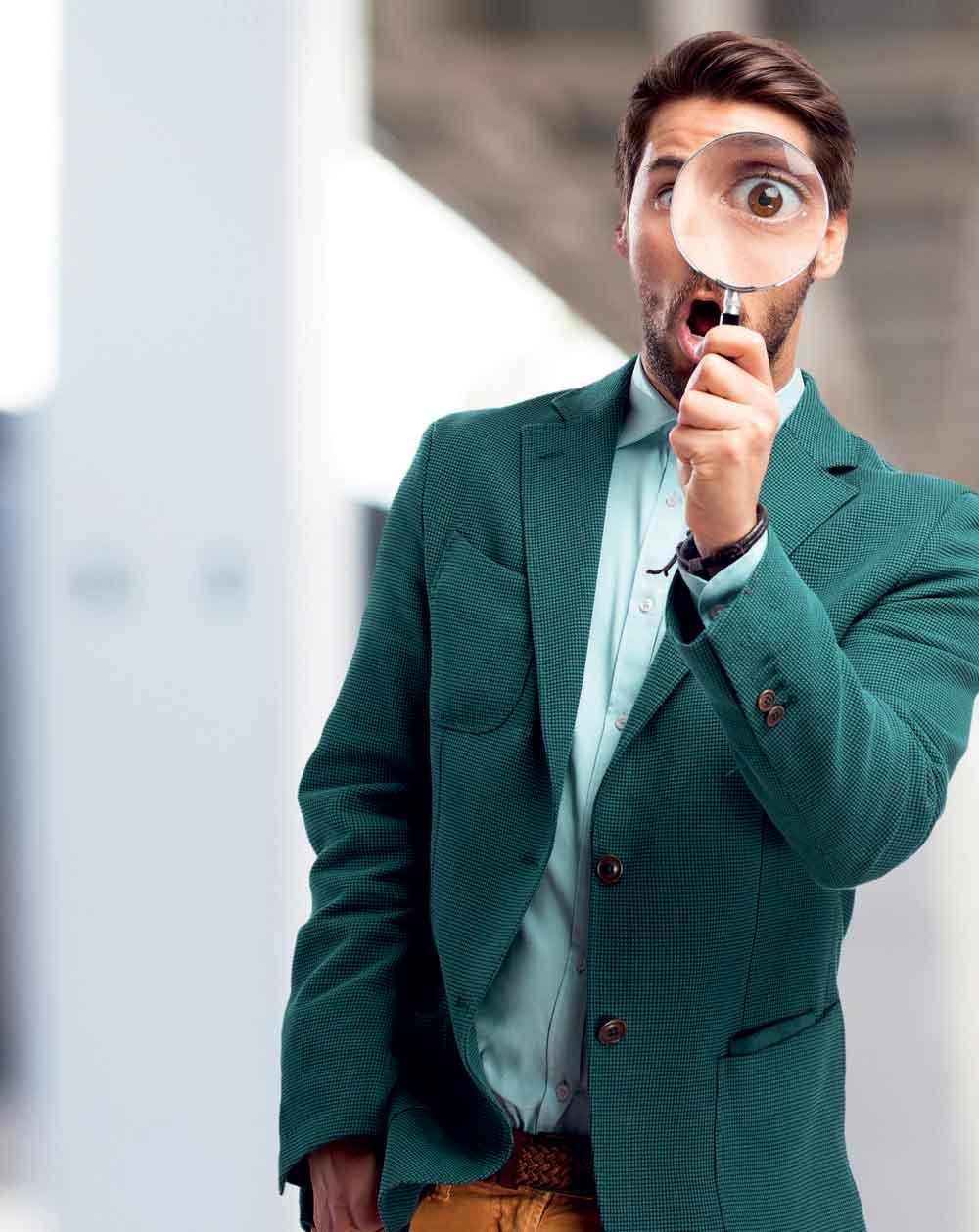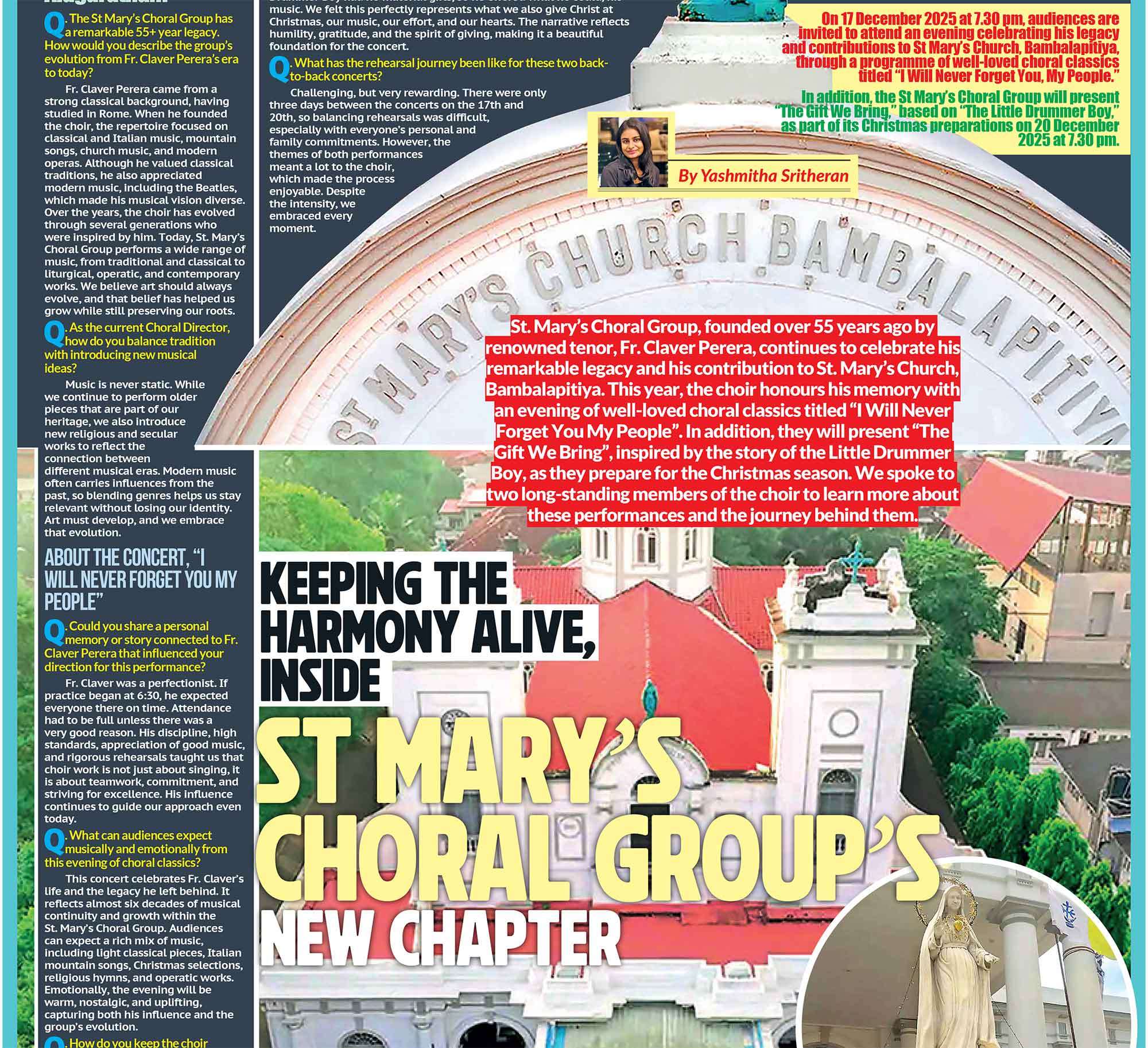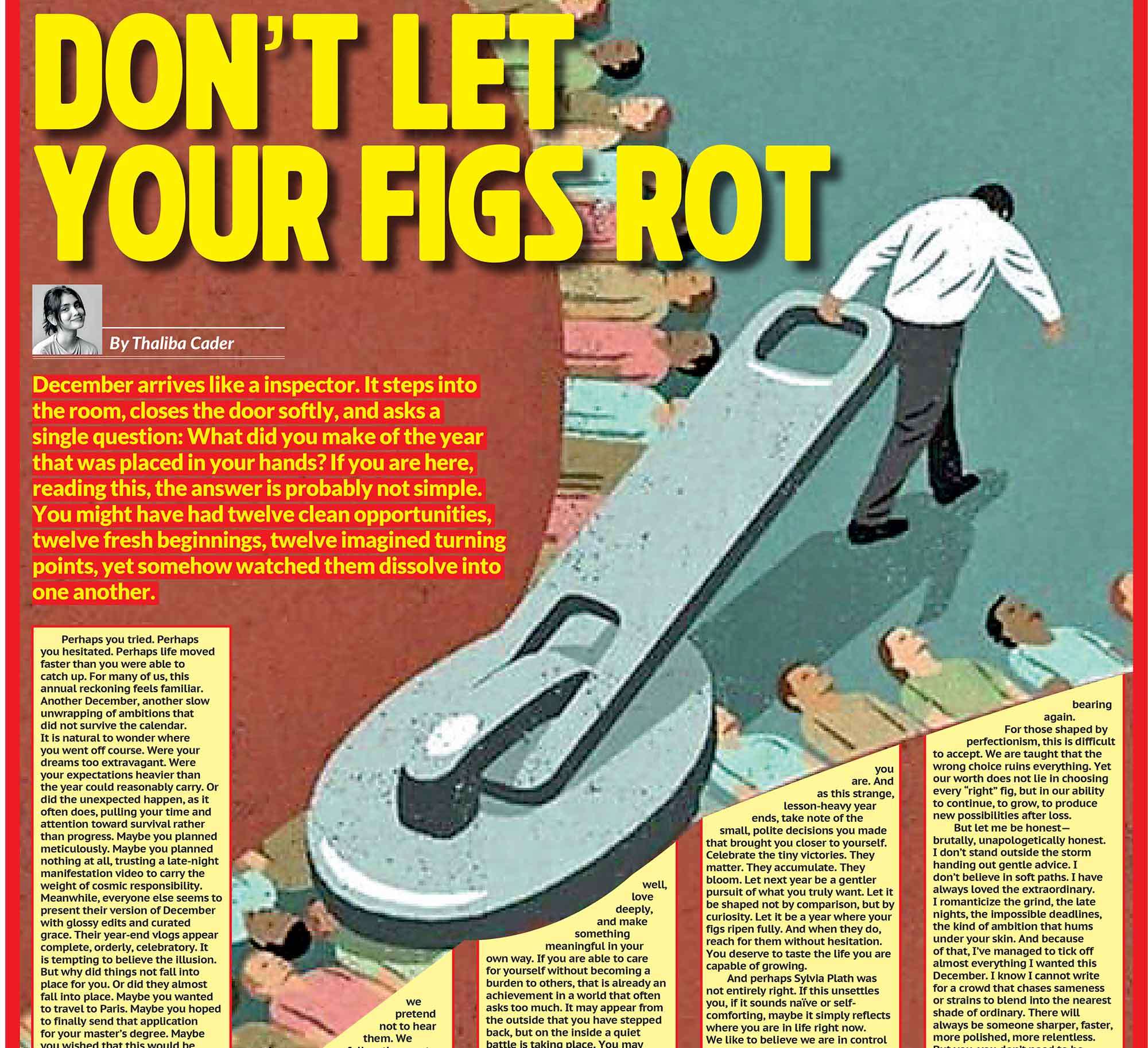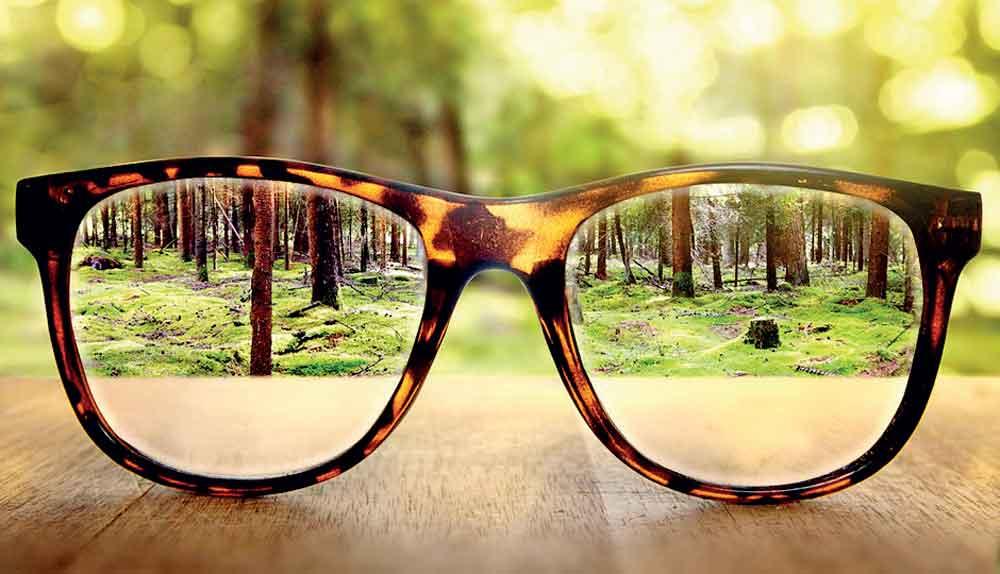
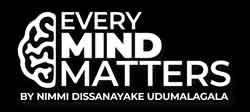 We spend much of our lives trying to “find ourselves,” as if our identity is hidden somewhere deep within. Yet, much of who we believe we are is quietly shaped by how others see us or how we think they see us. A smile, a small comment, or even silence can reflect something back to us. Before a child ever looks in a mirror, they’ve already seen themselves in a parent’s eyes. And as adults, we keep doing the same, searching for a sense of who we are through the people around us.
We spend much of our lives trying to “find ourselves,” as if our identity is hidden somewhere deep within. Yet, much of who we believe we are is quietly shaped by how others see us or how we think they see us. A smile, a small comment, or even silence can reflect something back to us. Before a child ever looks in a mirror, they’ve already seen themselves in a parent’s eyes. And as adults, we keep doing the same, searching for a sense of who we are through the people around us.
We often assume self-understanding comes from looking inward. But don’t you think a large part of it comes from the reflections we receive from others? When someone calls us kind, we begin to see ourselves that way. When someone doubts us, we may start to wonder if they’re right. These messages are not always spoken aloud; they come through tone, gesture, and the way someone listens. Each interaction leaves a quiet imprint on how we perceive ourselves. Research in social psychology supports this notion; for example, a study found that individuals’ self-perceptions are significantly influenced by how they believe others perceive them. This social feedback loop is a powerful force that shapes our identity, often without our conscious awareness.
More than a century ago, a social psychologist described this idea as the “looking-glass self,” the notion that we form our sense of identity by imagining how others see and judge us. It’s as though we live surrounded by invisible mirrors, each reflecting fragments of who we think we are. But does every mirror tell the truth? Some make our flaws appear larger; others blur the good within us. A critical parent, a harsh boss, or a negative friend can distort our self-image until we begin to mistake their reflection for reality. Over time, we may come to believe the reflection more than the truth.

How others see us and how we expect them to see us shape our confidence more than we realise. Studies in social psychology show that people who feel secure in themselves tend to believe others see them in a similar light. But when we doubt our own worth, we often assume others will doubt it too. Even a kind compliment can be met with suspicion: “They don’t really mean it.” That gap between how we see ourselves and how we think others see us can be painful. It can make us depend too much on external validation, constantly seeking reassurance, yet unable to trust it when it comes.
Maybe that’s why even confident people can be shaken by a single criticism.It’s not just the words that hurt, but the sudden clash between the reflection they hoped to see and the one they actually received.
Our beliefs about ourselves act like filters, colouring everything we perceive. If we secretly believe we’re not enough, we notice only disapproval. If we think we are hard to love, even kindness can feel insincere. Even a real mirror changes with our mood. On low days, we see a tired face; on strong days, a brighter one. The reflection hasn’t changed; we have. In that sense, we don’t merely look into mirrors; we carry them within us, built from our memories, families, and experiences. The reflection we see is never only ours.
Sometimes, though, we catch a glimpse of a self we didn’t know existed, and it’s a pleasant surprise. A client once told me she had always thought she came across as distant. But when she opened up about a personal struggle, the people around her responded with warmth and care. They saw her as having kind, brave, and approachable qualities that she hadn’t recognised in herself. Their reflection didn’t distort her; it revealed her truth.
We often underestimate how others truly see us. We might assume we seem cold when we’re simply cautious, or weak when we’re just gentle. Sometimes, the world views us more kindly than we view ourselves. In therapy, I see this often: someone who believes they’re “too emotional” realizes their sensitivity helps others feel safe. Another who calls themselves “cold” learns they’re actually calm and steady. When these insights occur, it’s as though two mirrors, the inner and the outer, finally align, revealing the same person.
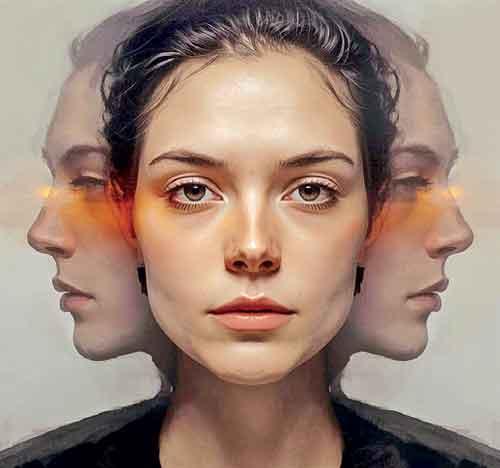
We now live in a world overflowing with mirrors, both real and digital. Every post, comment, and reaction can feel like feedback on who we are. It’s easy to mistake visibility for identity. The more mirrors we face, the more distorted the reflection can become. You might be one version of yourself at work, another online, and another with friends. The more we shift between them, the harder it becomes to know which version is real. That’s why it helps to ask: Which mirrors am I looking into, and which truly matter? Not every reflection deserves your attention; some say more about the viewer than about you.
There’s also the mirror we face when we’re alone, the one that shows who we are when no one is watching. In truth, we live among three mirrors: how we see ourselves, how others see us, and who we truly are.
The first is shaped by our thoughts, memories, and experiences; the second by the reflections we receive from others; and the third, our authentic self exists quietly beneath both. When these three align, we feel whole. When they don’t, we can lose our sense of self, pulled between perception and truth.
Many people describe themselves through their roles: a good parent, a reliable employee, a caring friend. But when those roles fade, who are we then? Sometimes, growth means learning to face ourselves without a mirror to meet our reflection quietly, without fear or judgment. Still, we do need mirrors. The right ones help us grow. Healthy relationships act as clear mirrors, reflecting us honestly yet kindly. They remind us of strengths we forget to see. So choose your mirrors carefully. Keep close those who remind you of your goodness when you can’t see it yourself. And when criticism comes, pause before believing it. Ask yourself whether that reflection truly belongs to you.
The journey of self-understanding isn’t about avoiding reflections; it’s about learning which ones to trust. We discover who we are through others’ eyes, but we can also lose ourselves there if we’re not careful. The goal is balance: to listen to what others reflect without letting it define us.
In the end, the most important mirror is the one within the calm, inner voice that knows your truth even when the world feels loud. The more you trust that reflection, the less the outer ones can distort it. Because yes, in the eyes of others we find ourselves; but it’s in our own quiet gaze that we finally come home.
About the Writer:
The writer holds a MSc Clinical & Health Psychology (UK), BSc Psychology (MY), Adv. Dip. CBT, DBT & Art Therapy (UK), BSc (Hons) Computer Science (UK).
She can be contacted via email: nimmiu@gmail.com
